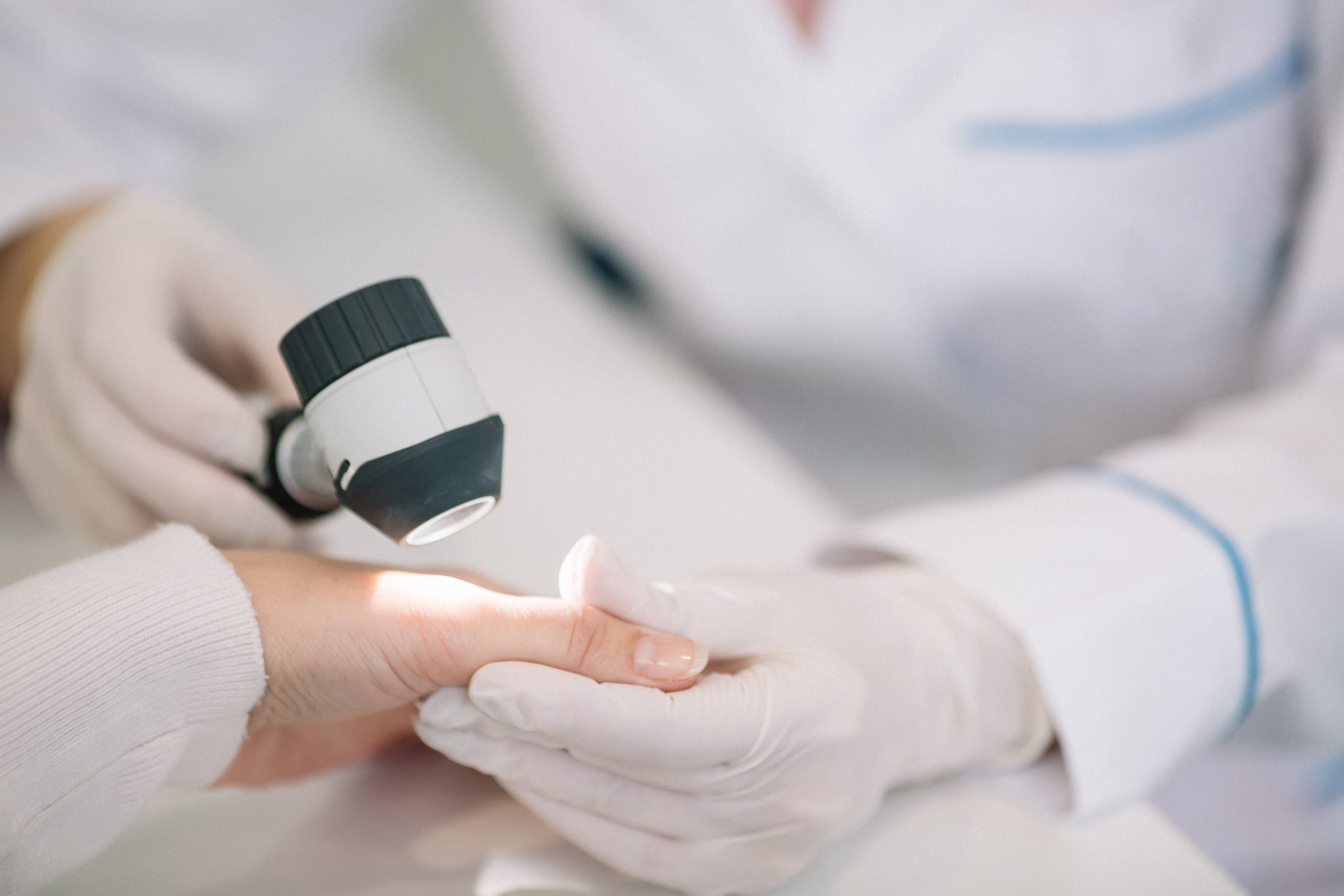
According to the Union for International Cancer Control, 9.6 million people die from cancer every year, making cancer the second-leading cause of death worldwide. We talked with Utica Park Clinic medical oncologist, Dr. Laura Kyle Brett about why she pursued working in medical oncology, preventive measures you can take against cancer and the risk factors behind melanoma, one of the most common cancers.
“The main thing that drove me to pursue medical oncology was an experience I had while I was in medical school,” Dr. Brett shares. Initially, she was interested in the genetic mechanisms that drive cancer to develop from academic perspective, but the patient relationship inspired her. ”One of my mentors was an oncologist who was getting ready to retire. She was saying goodbye to all of her patients,” These were people she had known for 30 or 40 years, whose cancer she cured. Many of them had children who came to thank her. This experience helped me realize that you can’t have that type of doctor/patient relationship in any other field, to work through something in a really intense way and then spend many years afterward, building a friendship with those patients. That’s what made me want to pursue it.”
Dr. Brett shares some basic preventive measures you can take against cancer in your daily life, saying, “The most important measure is to not smoke! If you are currently smoking, quit and do not use any tobacco products. Also, be diligent about your routine cancer screenings. Get your pap smears, mammogramsand colonoscopies. All of those routine screenings are important.” Dr. Brett adds that one of the most common cancers she sees in her patients is melanoma, sharing, “Sun avoidance is particularly important in reducing your risk! Be sure you are staying out of the sun during peak hours (typically 10 a.m. to 3 p.m.), wearing a high SPF sunscreen and wearing sun-protective clothing.”
Dr. Brett shares that while sun exposure is a big risk factor, family history is also [DD1] important to consider because, “melanoma can cluster in families.” She encourages anyone with abnormal moles or a history of melanoma to see a dermatologist every 6-12 months. She adds, “anyone with moles should be evaluated by a dermatologist at least once. If you have a mole that becomes particularly dark, the borders become irregular, the diameter has grown or the coloration becomes abnormal, see a dermatologist.” Dr. Brett emphasizes that monitoring your skin regularly and being aware of your skin changes are important prevention methods you can take against melanoma.
When thinking about why World Cancer Day is important, Dr. Brett shares, “Cancer is something that will affect everyone. Either you will be diagnosed or someone in your family will be afflicted with it, so this is something that is really pervasive. It’s very common, but in many cases, it’s preventable, treatable and curable. There are a lot of misconceptions about the benefits of preventive identification of early cancers and how beneficial that can be as well as how well tolerated and effective modern-day therapies can be. We’re making great strides on a daily and weekly basis as it’s a constantly changing field, but it’s something we all need to pay attention to.”
If you are looking for an oncology provider or have questions regarding melanoma, please call 918-579-3850 to make an appointment with Dr. Brett.
